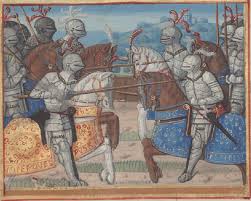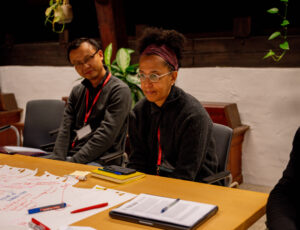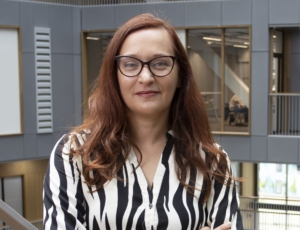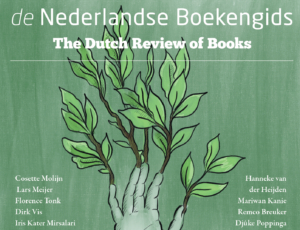
Alumni Rosalind Brown-Grant and Mario Damen Receive Grant from Arts & Humanities Research Council
21 October 2019About the Project
The pas d’armes (passage of arms) was a highly ritualized form of joust that first emerged in fifteenth-century Iberia but was particularly popular in France, Anjou and Burgundy. These jousts played an essential role in the development of the chivalric values that were the foundation of courtly society in the later Middle Ages and in the formation of the nobility as a distinct social category.
Although the pas d’armes has received some attention from individual historians and literary scholars of late medieval chivalry, its significance as a performance of chivalric identity and as a multimedia spectacle can only be fully understood from a more cross-disciplinary perspective than has hitherto been applied to it. Scholars in different fields will also gain a greater understanding of the nature of the interaction between urban and aristocratic society, in that our research will give the lie to the commonly-held view that these events were exclusively courtly since, in fact, they were staged in or nearby densely populated urban environments and were thus a way of mediating social relations between the noble organisers of these events and the townspeople who were often very keen to host such events in their localities.
Two workshops will be organized to build a network of specialized scholars as well as public engagement events comprising two round table sessions and two public lectures to be organized under the aegis of the International Medieval Congress (IMC) in Leeds as part of its outreach activities; these events will be aimed specifically at museum professionals interested in organizing exhibitions or re-enactments featuring the pas d’armes. Dissemination of the network’s findings will be via a collected volume of essays and a website hosting a varied database of research and teaching materials aimed at both specialist and non-specialist audiences.
The project will run from October 2020 to September 2022.
(PI) Prof. Rosalind Brown-Grant (University of Leeds)
(Co-I) Dr Mario Damen (University of Amsterdam)
Network Members:
Dr Nils Bock (University of Münster)
Dr Catherine Blunk (Drury University)
Dr Thalia Brero (University of Geneva)
Dr Guillaume Bureaux (University of Rouen)
Prof. Anne D. Hedeman (University of Kansas)
Dr Ralph Moffat (Glasgow Museums)
Dr Alan V. Murray (University of Leeds)
Prof. Christina Normore (Northwestern University)
Prof. Dr Klaus Oschema (RUB Bochum)
Dr Justin Sturgeon (University of West Florida)
Prof. Michelle Szkilnik (University of Paris III- Sorbonne Nouvelle)
Dr Craig Taylor (University of York)
Dr Karen Watts (Musée du Louvre/Royal Armouries Museum)
About AHRC
The Arts and Humanities Research Council (AHRC) funds world-class, independent researchers in a wide range of subjects from history and archaeology to philosophy and languages. The Research Networking Scheme is intended to support forums for the discussion and exchange of ideas on a specified thematic area, issue or problem. The intention is to facilitate interactions between researchers and stakeholders through, for example, a short-term series of workshops, seminars, networking activities or other events. The aim of these activities is to stimulate new debate across boundaries, for example, disciplinary, conceptual, theoretical, methodological, and/or international.



